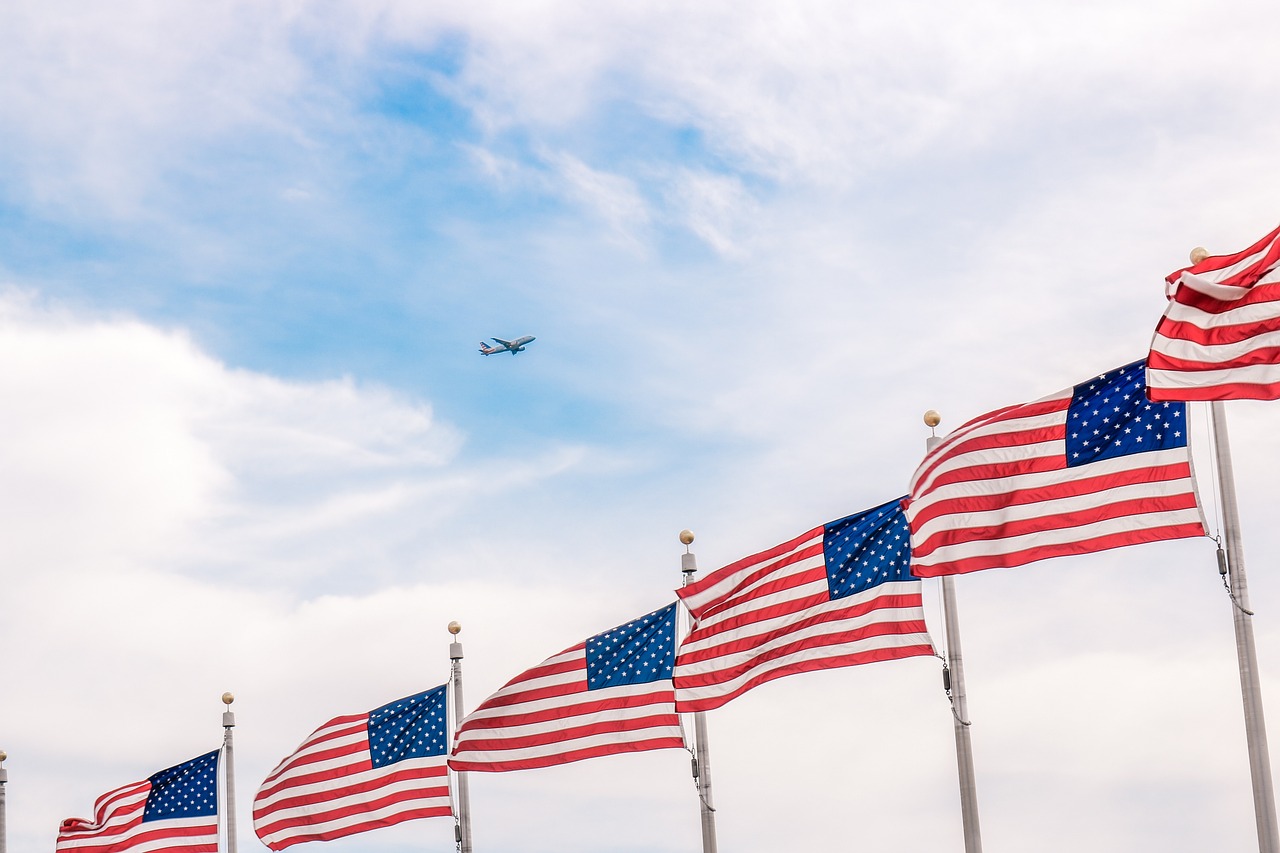Visa and Stay Regulations for Digital Nomads in United States
Digital nomads, individuals who use technology to work remotely and choose to travel while doing so, are becoming increasingly popular. The United States offers many opportunities for digital nomads, but it’s important to understand the visa and stay regulations to ensure a smooth and legal experience. This article will provide detailed information on the visa options available for digital nomads in the United States, as well as the regulations surrounding their stay.
Visitor Visa (B-1/B-2)
A visitor visa, also known as a B-1/B-2 visa, is the most common visa option for digital nomads visiting the United States. This visa allows individuals to enter the country for tourism, business meetings, or attending conferences or conventions.
- Tourism: Digital nomads can explore the diverse landscapes and cultural attractions the United States has to offer, from vibrant cities to stunning national parks.
- Business Meetings: Digital nomads can attend business meetings with clients, partners, or potential investors while in the United States. This visa allows individuals to engage in legitimate business activities.
- Conferences and Conventions: Digital nomads can participate in conferences and conventions related to their field of expertise while in the United States. This provides an opportunity to gain knowledge, exchange ideas, and connect with industry professionals.
Whether it’s visiting iconic landmarks like the Statue of Liberty in New York City or exploring the natural wonders of the Grand Canyon, digital nomads can indulge in the rich experiences the country has to offer.
Meeting with clients, discussing potential collaborations, or attending conferences can help digital nomads expand their professional networks and further their careers.
Attending conferences and conventions can enhance digital nomads’ professional development and keep them updated with the latest trends and advancements in their respective industries.
Electronic System for Travel Authorization (ESTA)
The Electronic System for Travel Authorization (ESTA) is an automated system that determines the eligibility of visitors to travel to the United States under the Visa Waiver Program (VWP). The VWP allows citizens of participating countries to travel to the United States for tourism or business purposes for up to 90 days without obtaining a visa.
- Eligibility: Digital nomads from VWP countries can apply for an ESTA to enter the United States. The application process is done online, and the approval is usually granted quickly.
- Duration of Stay: Under the VWP, digital nomads can stay in the United States for up to 90 days. It’s crucial to adhere to this limit to avoid overstaying and potential immigration issues.
However, it’s important to note that the ESTA is not suitable for long-term stays or working remotely in the United States. Digital nomads planning to stay longer or engage in work-related activities should consider other visa options.
Planning and managing the duration of stay is essential for digital nomads to ensure compliance with immigration regulations and avoid any legal complications.
H-1B Visa
The H-1B visa is a non-immigrant visa that allows U.S. employers to hire foreign workers in specialty occupations. While typically associated with traditional employment, it can also be a viable option for digital nomads working remotely for U.S. companies.
- Specialty Occupations: Digital nomads with specialized skills and expertise in fields such as technology, engineering, or finance may qualify for an H-1B visa. The position must require a bachelor’s degree or higher, and the applicant must possess the necessary qualifications.
- Employer Sponsorship: To obtain an H-1B visa, digital nomads need a U.S. employer to sponsor their application. The employer must file a petition on behalf of the digital nomad, demonstrating the need for their specialized skills and complying with other requirements.
Securing an H-1B visa allows digital nomads to work legally for a U.S. employer, regardless of their physical location within the country.
It’s important for digital nomads to establish a professional relationship with a U.S. employer willing to sponsor their H-1B visa application.
L Visa
The L visa is a non-immigrant visa category designed for intracompany transferees. While primarily used by employees of multinational companies, it can also be an option for digital nomads working remotely for a foreign company with a presence in the United States.
- Intracompany Transferees: Digital nomads who have been employed by a foreign company for at least one year and meet specific criteria can apply for an L visa. The visa allows them to work for a related company in the United States.
- Qualifying Relationship: The U.S. company and the foreign company must have a qualifying relationship, such as a parent-subsidiary, branch, or affiliate relationship. The digital nomad must also hold an executive, managerial, or specialized knowledge position within the company.
This option is suitable for digital nomads who wish to work for a foreign company while temporarily residing in the United States.
Establishing a qualifying relationship between the U.S. and foreign companies is crucial for digital nomads seeking an L visa.
Conclusion
As a digital nomad, understanding the visa and stay regulations in the United States is essential for a smooth and legal experience. Whether it’s utilizing the visitor visa, ESTA, H-1B visa, or L visa, digital nomads have various options to explore and pursue their remote work while enjoying the diverse and vibrant landscape of the United States.
References
- travel.state.gov
- uscis.gov
- esta.cbp.dhs.gov
United States Image 1:

United States Image 2:

United States Image 3:



